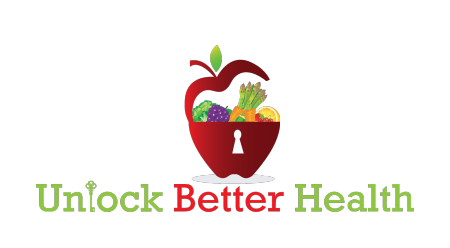
One of the most rewarding parts of my job is helping people achieve their health goals and even better when they work in conjunction with their doctor and can come off medications.
Lifestyle meds like metformin, high blood pressure meds, and statin drugs (for high cholesterol) can often be replaced with a healthy diet of whole foods, movement, and certain supplements. You must work with your doctor to do this, but I love supporting my clients through the process to free them of this burden.
One factor of health that you can have a lot of control over is your blood sugar levels.
Insulin is a hormone that gets secreted when your body sensing something sweet entering the bloodstream. It acts as a shuttle to move glucose into the cells.
Currently, close to 50% of Americans have high blood sugar levels that fall within the pre-diabetic and diabetic ranges! This is something we can control with diet, exercise, and improving nutrient status. (I'm talking Type 2 here)
Blood sugar is measured by Hemoglobin A1c levels that look at blood sugar levels from the past 2-3 months.
The sugar in your blood is called glucose. When glucose builds up in your blood, it binds to the hemoglobin in your red blood cells. The A1c test measures how much glucose is bound.
Red blood cells live for about 3 months, so the test shows the average level of glucose in your blood for the past 3 months. A level of 5.7% - 6.4% is considered pre-diabetic, with diabetic levels over 6.5% and more. Some integrative doctors don't even like to see A1c levels over 5.6%.
Things you can do to improve blood sugar:
1. Lower your simple carbohydrate intake. Simple carbs break down into glucose within about 30 minutes. If you have too much intake or insulin-shuttling problems, this can create higher blood sugar levels. So remember, bread, cereal, pasta, cookies, crackers, bagels, muffins, croissants, and donuts are simple carbs - mostly glucose - and we don't have a nutritive need for any of them. This is not to say you can't ever eat these foods, but they shouldn't be a staple or mainstay in your diet. (Think about that morning daily cereal habit!)
2. Eat more fiber. Fiber helps to slow down the absorption and digestion of sugar and carbs. Vegetables, fruits, and legumes can support this function. In fact, in studies, soluble fiber has been shown to improve blood sugar management. Psyllium and beta-glucans are soluble. A 1/4 tsp of psyllium powder in 8 oz of water every morning can be helpful. (https://www.ncbi.nlm.nih.gov/pmc/articles/PMC4950069/)
3. Move your body daily. Exercise can help increase insulin sensitivity - meaning it helps your cells be able to use the available sugar in your bloodstream. Exercise also helps your muscles use blood sugar for energy and muscle contraction. Lifting weights is great for this. Even small handheld dumbells can be helpful here.
4. Stay hydrated with WATER! Most clients I speak with don't drink enough water or they drink too many dehydrating beverages like coffee, soda, and caffeinated teas. Pure, filtered water can help your kidneys flush out excess sugar through the urine. Proper hydration moves hormones throughout the bloodstream and can prevent high blood sugar levels. Adults need about 50-80 ounces of water daily, more if you exercise daily. Filter your water with a carbon block filter or reverse osmosis and try to limit your exposure to drinking out of plastic water bottles.
These are just a few tips to help you and they are quite basic, but most people are meeting these basic needs. If you struggle with high blood sugar levels, please set up a free 20-minute consultation with me.

